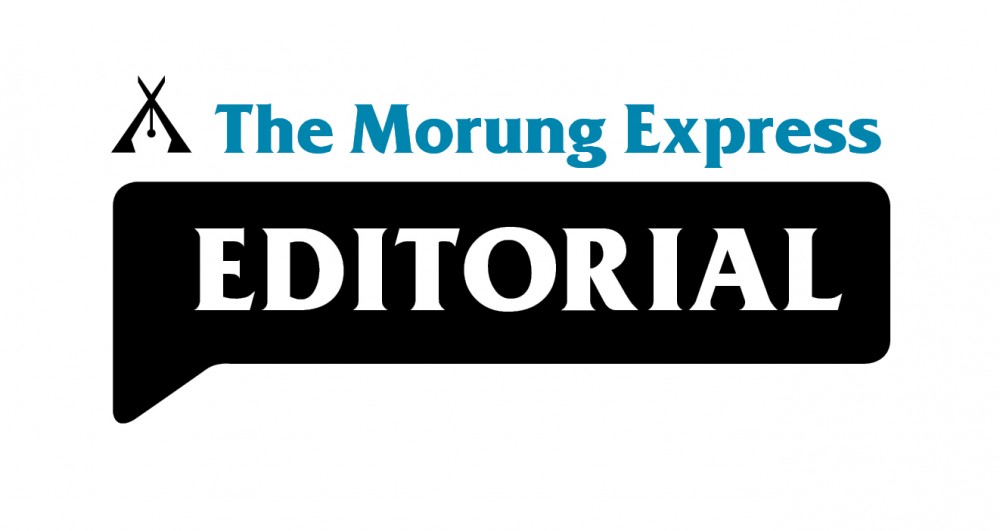
Dr Asangba Tzudir
Recent incidences of violence in Nagaland, including ‘killings,’ have only raised the contest between ‘truth’ and ‘power.’ More so it evokes human nature caught at a threshold between justice versus power. Contextually, it has necessitated a way to unlearn the origins of human nature and its evolution over the years as it traverses through the various trajectories of contesting truths and contesting power.
The lived realities of history and its historical progression of translation and interpretation took the contesting terrain with the realization of rights, claims and ownership giving rise to the many ‘truths’ and various forms of ‘power’ and points of references.
As such, it has reached a point where resolving ‘truths’ and ‘power’ seems to have become a difficult proposition. Sadly, justice delivery system has failed in many ways often the very nature of ‘contested truth and power’ may let justice go blind.
The points of reference to truth have become manifold in the historical process. But more dangerously, in the face of contesting versions the real truth is victimized and silenced by power that truth is not allowed to surface.
This leads to the question of speaking truth to power. ‘Speak truth to power’ is a phrase coined by the Quakers during the mid 1950s with a call for the United States to stand firm against fascism and other forms of totalitarianism. It has come to mean “speaking out to those in authority” and is now used in politics and in human rights activism.
Against powers that be, conscious minds have created waves of ripples in speaking truth to power, because the oppression of truth itself is not only reducing ‘a peoples’ to an “imagined community” in the context of history, but also a democratic tragedy wherein there is outright denial of a right to a qualified political life.
The challenge of speaking truth to power is to create a process of restoring democracy and life. To speak ‘truth’ to ‘power’ is not only challenging but may rather seem daunting especially when truth is more commonly scorned today. Though within comfortable confines, praised is heaped on anyone who dares or dared to stick their heads above the walls against undemocratic authority where matters that concerns life are decided against the ‘wills’ of the people.
Today, in the struggle for truth against ‘powers that be’ support has been largely found wanting and thereby ‘truth’ finds itself sacrificed and defeated. Values and principles seems to have lost all its meanings wherein one’s comfort and well being has taken precedence over the collective good of the community and society. The emerging voice of truth is thereby silenced in the face of injustices and violence.
We talk about a better society but we cannot speak the truth freely and openly which only shows that we are not free. A lot of soul searching is desired to ponder upon our moral responsibilities as a human being. Our present society is in dire need of transformation for which one needs to first free oneself and go into sacrificial mode of producing ‘sweat’ and ‘tears’ in creating a transforming effect. This begins with truth also the ‘will’ to speak the truth. Often, popular yet undemocratic voices may shake one’s convictions which will act as a hindrance to speaking the truth. This requires courage to stand true to one’s faith, beliefs and convictions. It also requires a well-informed intellect especially when those in positions of authority wrongfully deny our rights.
Nonetheless, Naga society needs to learn to appreciate and value for what truth is and begin by learning to speak the language of truth first. The choice is ours to either transform the phrase ‘speak truth to power’ as a source of power or make it a threat in itself.
(Dr Asangba Tzudir writes a weekly guest editorial for The Morung Express. Comments can be mailed to asangtz@gmail.com)






